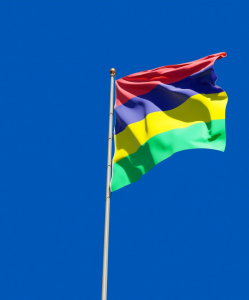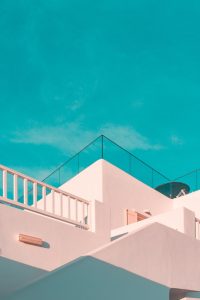Share this article
Be the first to know about our new projects.
2Futures has many new luxury projects in the pipeline. Get notified before the public when there’s a new launch. Benefit from early bird specials.
The Mauritius real estate sector celebrated a record year in sales in 2022, which bodes well for the year ahead.
Located on what The Knight Frank The Africa Report 2022/23 calls the “world’s most exciting continent… the ever-popular residential market is expected to rebound as tourists return and global travel resumes.”
Trends for 2023 point to the ongoing attraction for investors of multifamily homes and sought-after locations that offer a more flexible working environment.

The report compares square meterage for properties in the most expensive luxury residences in some of the world’s prime markets. In Mauritius, you get more bang for your buck. Here, USD 1 million gets you a 200 sq m apartment compared to 106 sq m in Madrid, almost 105 sq m in Dubai, 73 sq m in Berlin, 42 sq m in Paris, 35 sq m in Singapore, 22 sq m in Hong Kong and 15 sq m in Monaco. In Cape Town, the same money secures 220 sq m.
“While capital value growth and rents have experienced limited growth (4%) throughout the pandemic, the low tax environment, stable government and resumption in global travel will likely reignite international demand for homes in Mauritius, particularly among South African and French citizens,” the report states.
Source: The Knight Frank The Africa Report 2022/23
The number of HNWIs (individuals with at least USD 1 million of net assets) rose by 126% to 526,370 between 2016 and 2021 and will increase by a further 13% by 2026, according to the Knight Frank Wealth Sizing Model. Meanwhile, the cohort of UHNWIs (the number of individuals worth at least USD 30 million) grew 158% to 4,206 over the same period. The number is expected to expand another 43% by 2026.
Researchers drill down further, estimating that 129,557 UHNWIs are self-made, under 40, and generally approach property investment differently from their parents. “This generation is more global, tech-savvy and places greater emphasis on wellbeing – their own, that of their families and that of the environment… [they emphasise] service provision, open space, amenities and room for entertaining, and are willing to refurbish and reimagine space,” states the report.
Again, Mauritius ticks all those boxes.
Sustainability continues to be a major incentive for property investors who will consider green initiatives by government and developers alike before signing on the dotted line. They want to know about energy efficiency, embodied carbon and the sustainability of materials, areas that the luxury residential real estate sector has been slow to adopt, according to the report. “Ultimately, the industry is moving towards a future of fewer collections, designed to be owned for longer. Forward-thinking developers are already taking strides in the technical aspects of energy efficiency and the sustainability of materials, and increasing numbers are placing these as central tenets in their marketing strategies.”

Yat Siu, the metaverse maestro and champion of digital property rights, told the authors that virtual real estate functions similarly to physical real estate – “location is key. For example, in The Sandbox property around Atari or Snoop Dogg is much more valuable. Places that have more influence have a higher value. It’s a community and an embedded network effect.”
Will Mauritius join the party? That remains to be seen.